
Personality Tests Are the Astrology of the Office
Psychometric tests like Color Code, Myers-Briggs and DiSC have become a goofy part of corporate life. But what happens when we take them seriously?
Recommendation
At their best, psychometric tests can facilitate conversations about emotions and personality and may provoke the sort of introspection that leads to positive change. At their worst, psychometric tests lead to baseless generalizations and limit opportunities unfairly. Emma Greenberg, a researcher and writer for The New York Times, doesn’t bash the use of personality tests in the workplace but does warn against overemphasizing the value they can bring. If such tests are in use at your company or if you are considering introducing them, you should read Greenberg’s thoughtful exploration.
Summary
About the Author
Emma Goldberg is a researcher and writer who has written for The Washington Post, The New York Times, The Economist, and other publications.









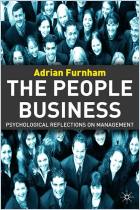
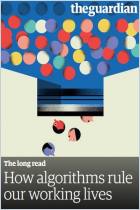
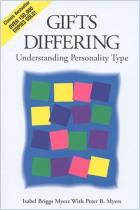
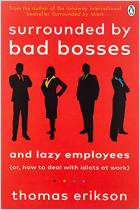
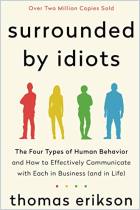
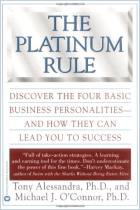





Comment on this summary or Comenzar discusión